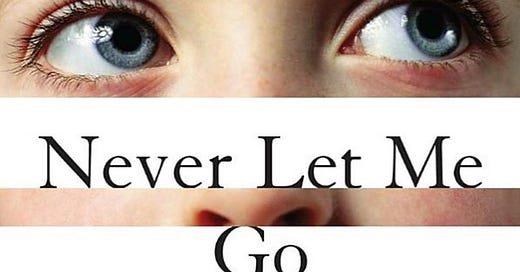When I first read philosophy as a teenager, I did not know what I was reading. I didn’t know that you could question what a great philosopher said, or that you should only believe it if the arguments worked. To be honest, I didn’t know these books contained arguments. My reaction to Bertrand Russell telling me that my conception of the world was built from sense-data, extrapolated from echoes and two-dimensional discs of colour, was shocked acceptance. Who knew?
There are other ways to read philosophy: as poetry, memoir, fiction.
[No] novelist has created a more dashing hero than the handsome Absolute, or conceived more dramatic extrications – the soul’s escape from the body, for instance, or the will’s from cause. … Novelist and philosopher are both obsessed with language, and make themselves up out of concepts. Both, in a way, create worlds. … But the worlds of the novelist, I hear you say, do not exist. Indeed. As for that, they exist more often than the philosophers’. Then, too—how …
Keep reading with a 7-day free trial
Subscribe to Under the Net to keep reading this post and get 7 days of free access to the full post archives.



